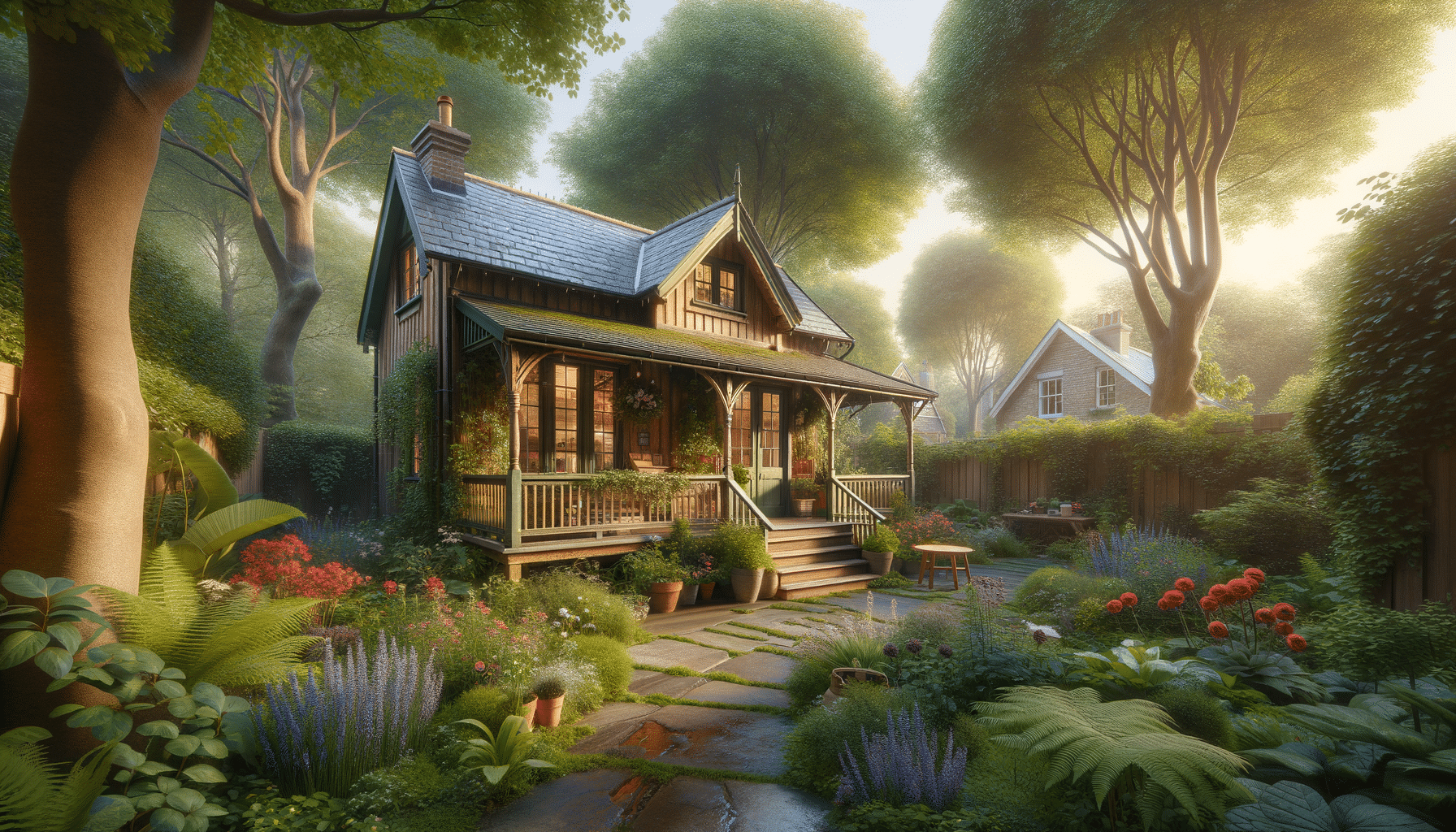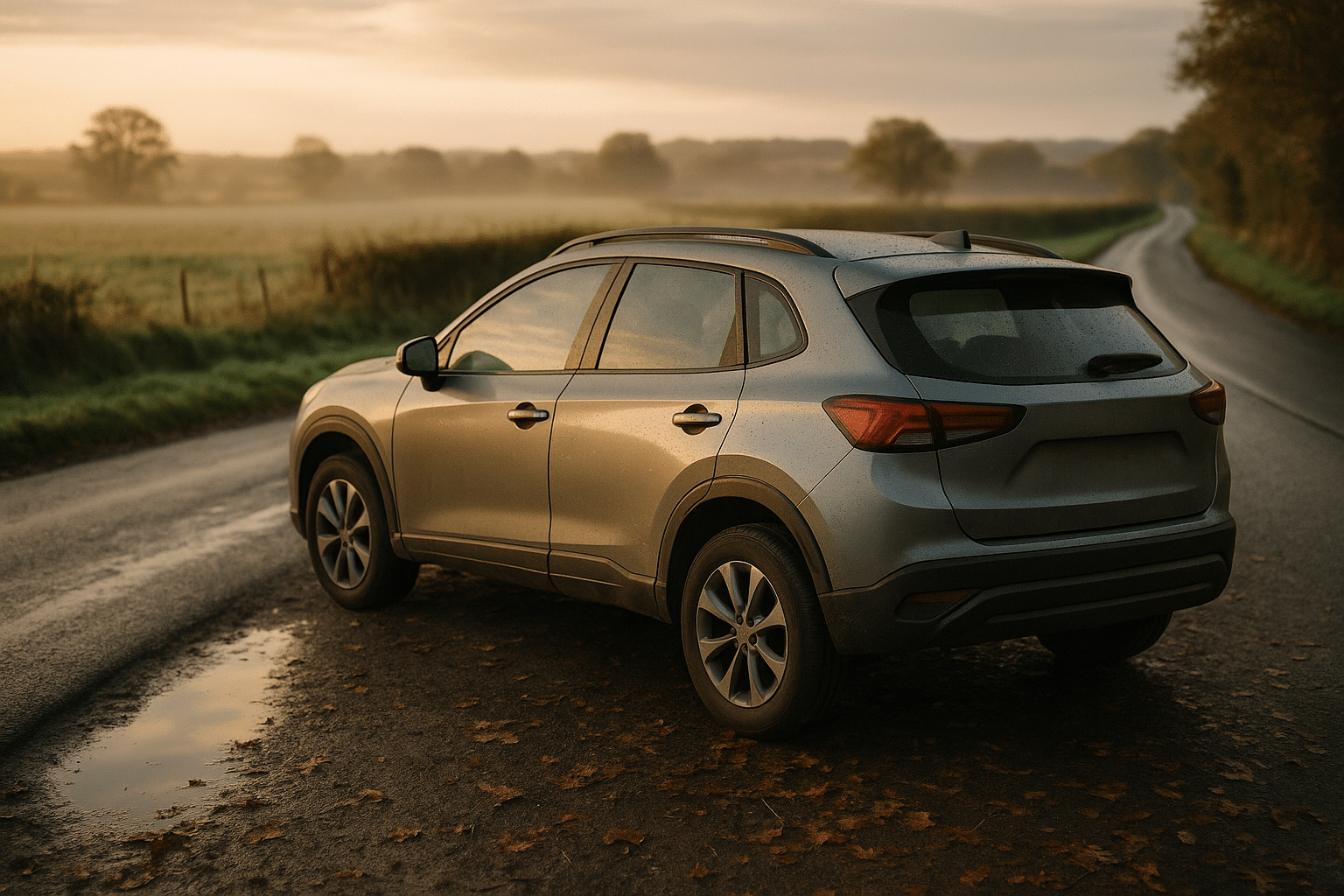
Exploring Backyard Cottages: A New Era in Senior Living Solutions
Introduction to Backyard Cottages
Backyard cottages, also known as accessory dwelling units (ADUs), are becoming an increasingly popular choice for housing solutions. These small, self-contained living spaces offer a unique blend of independence and community, making them ideal for a variety of living situations. Whether used to house aging parents, provide additional rental income, or serve as a private retreat, backyard cottages are reshaping the way we think about companion living spaces. Their rise in popularity is driven by the need for affordable housing solutions and the desire for multi-generational living arrangements.
Design and Functionality
The design of backyard cottages can vary widely, reflecting the diverse needs and tastes of homeowners. Typically, these units are equipped with a kitchen, bathroom, living area, and one or more bedrooms, all within a compact footprint. The emphasis is on maximizing space efficiency without sacrificing comfort. Customizable features allow homeowners to tailor the cottage to specific needs, such as accessibility modifications for seniors or eco-friendly materials for sustainability enthusiasts.
Functionality is key in these spaces, with clever storage solutions and multi-purpose furniture commonly used to enhance livability. The integration of smart home technology is also becoming popular, offering convenience and security through automated lighting, heating, and security systems. This level of customization makes backyard cottages a versatile option for many homeowners.
Benefits of Backyard Cottages
Backyard cottages offer numerous benefits that appeal to a wide range of demographics. For families, they provide a way to keep loved ones close while still allowing for independence. This is particularly beneficial for elderly family members who may need some assistance but still wish to maintain their autonomy.
Financially, backyard cottages can be a smart investment. They can significantly increase property value and provide a source of rental income. The flexibility to use them as short-term rentals or long-term housing can be a substantial financial boon, especially in areas with high rental demand.
Moreover, these cottages can contribute to more sustainable living. Smaller living spaces generally consume less energy and resources, and when designed with sustainability in mind, they can further reduce environmental impact through the use of solar panels, rainwater collection systems, and energy-efficient appliances.
Challenges and Considerations
While backyard cottages offer many advantages, there are also challenges to consider. Zoning laws and building regulations can vary significantly by location, potentially complicating the construction process. Homeowners must navigate these legal requirements, which can involve obtaining permits and adhering to specific design guidelines.
Additionally, the initial cost of building a backyard cottage can be substantial. Despite the potential for rental income or increased property value, the upfront investment can be a barrier for some. Financing options may be available, but they require careful consideration and planning.
It’s also essential to consider the impact on neighborhood dynamics. Adding a backyard cottage can alter the character of a neighborhood, and it’s important to engage with neighbors and community members to ensure harmonious integration.
The Future of Backyard Cottages
The future of backyard cottages looks promising as more people recognize their potential to address housing shortages and promote sustainable living. As urban areas continue to grow, these compact living solutions provide a viable way to increase housing density without sacrificing green space.
Innovations in construction technology, such as prefabricated units and modular designs, are likely to make backyard cottages more accessible and affordable. These advancements could streamline the building process and reduce costs, making them a more attractive option for a wider audience.
Ultimately, backyard cottages represent a shift towards more flexible and inclusive housing solutions. As they become more prevalent, they have the potential to transform neighborhoods and communities, offering residents a way to live more connected and sustainable lives.


